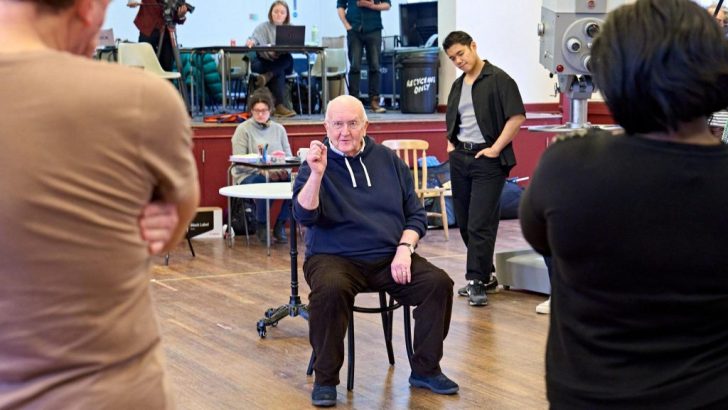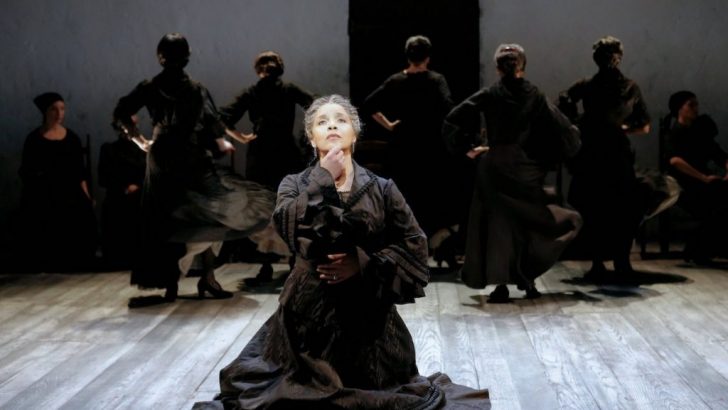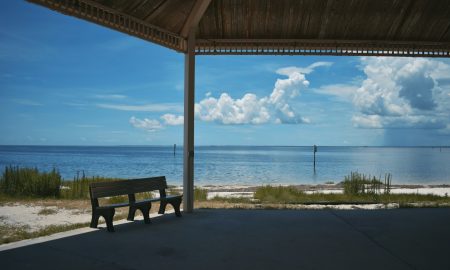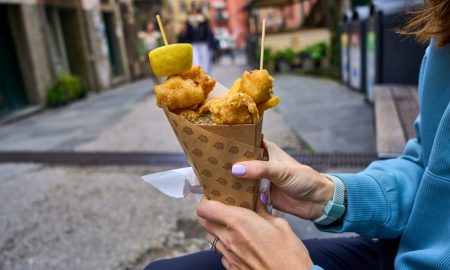
“Roadside:” New Theatre Show Gives Vandwellers a Much-Needed Voice

A new theatre show is finally putting van dwellers in the spotlight. Called “Roadside,” the one-woman performance opens at the Trinity Arts Centre in Bristol and gives a raw, honest look into the world of people who live nomadically. Actor Maddie Wakeling leads the show. Not just as a performer but as someone who lives this life herself. She brings her personal experience to the story, adding a layer of realness you can’t fake.
The play follows Milly, a young woman trying to find her freedom away from the expectations of modern society. She lives out of her van, not because she has no other option, but because she wants to. Through Milly’s journey, the audience sees what it is really like to live on the road – both the struggle and the beauty.
“Roadside” doesn’t sugarcoat anything. It shows the cold nights, the judgment, and the conflict – but also the peace, creativity, and sense of self that come with the lifestyle.
The Real Story Behind the Play
It is rooted in real tensions. Wakeling starts shaping the play in 2023, just as local councils begin calling for bans on roadside living in places like Glastonbury. Complaints from some residents – ranging from noise to hygiene concerns – add pressure. The council even considers setting up a regulated site for van dwellers as part of its new town development plan.

GTN / Instead of staying silent, Wakeling starts talking to others who live like her. She collects their stories, listens to their hopes and fears, and channels all of that into “Roadside.”
The result is a show that reflects a real community. People who often get left out of the conversation. For her, this project is about more than performance. It’s about representation. She sees how often the media and government tell stories about van dwellers without including their voices. This show flips that pattern and gives the mic back to the people who actually live it.
A Community Often Misunderstood
The term “New Travellers” describes people who choose to live nomadically. Many of them came out of the free festival scene in the 1960s, but today, the community is more diverse. In Glastonbury alone, around 300 people live in vans or roadside encampments – more than anywhere else in the UK. Still, van dwellers often face criticism and legal pressure.
Some choose the lifestyle to lower living costs. Others do it to focus on creativity or escape traditional systems. Wakeling herself moves into a van at 21 to have more time and freedom to work on her art.

Marca / “Roadside” shows that van dwellers are not one type of person. They are artists, workers, dreamers, and parents.
Her story, and the stories of those like her, show that van life is not about laziness or rebellion. It is about living with intention, even when it doesn’t fit mainstream norms.
Theatre as a Form of Resistance
Theatre has always been a tool for truth-telling, especially for people pushed to the edge. “Roadside” fits into that tradition. It is not about begging for sympathy. Rather, it is about sharing perspective. Milly’s story in the play doesn’t pretend everything is easy, but it also refuses to make van dwellers into victims. Instead, it presents a layered life: full of choice, hardship, joy, and dignity.
As the story unfolds, the audience begins to see the world through Milly’s eyes. She deals with the usual social pressure, the side eyes, and the judgment. But she also finds her strength. She learns to build a life on her own terms.
More inCommunity
-
`
Latkes vs. Kugel: 5 Key Differences for Food Lovers
If you have ever found yourself at a Jewish holiday table staring at two dishes that seem oddly familiar, crispy potato...
October 9, 2025 -
`
Urban Homesteading is the New Lifestyle Shift to Adopt in 2025
Homesteading used to mean acres of land, barns, and tractors. Not anymore. In 2025, a growing number of city folks are...
October 2, 2025 -
`
5 Ways Community Theatres Can Help the World Unite
Community theatres aren’t just putting on plays. They are doing something much bigger. In a world full of division and noise,...
September 25, 2025 -
`
5 Psychology-Backed Reasons Why Beaches Feel So Calm
Beaches have this quiet superpower. You show up tense, tired, maybe burned out. Then the waves hit your ears, the breeze...
September 20, 2025 -
`
Why Burgundy Is the Best Place to Visit for French Cuisine
Burgundy is not just another region in France. It is a way of eating, drinking, and living. The food here is...
September 12, 2025 -
`
Pamela Anderson ‘Outshines’ Arch Rival Meghan Markle in Lifestyle Branding
Pamela Anderson is making pickles now, and somehow, she is doing it better than Meghan Markle. Yes, Pamela Anderson, the “Baywatch”...
September 5, 2025 -
`
LGBTQI+ Rights Under Threat from Federal Rollbacks
LGBTQ+ communities across the U.S. are feeling the pressure. Since January 20, 2025, a wave of federal rollbacks has hit hard,...
August 30, 2025 -
`
How Will the 2025 Lion’s Gate Portal Bless Your Zodiac Sign?
Every zodiac sign feels the ripple when the Lion’s Gate Portal swings wide open. Peaking on August 8, 2025, this cosmic...
August 22, 2025 -
`
Why the Best Way to Discover the World Is Through Street Food
Street food is the real flavor of a place. Forget fancy restaurants with white tablecloths. If you want to know what...
August 14, 2025















You must be logged in to post a comment Login